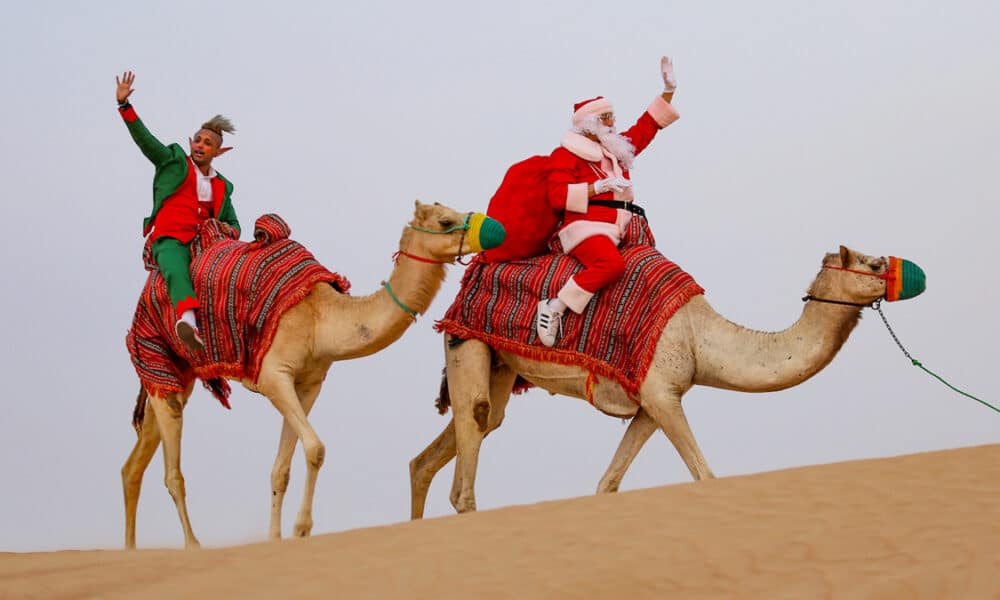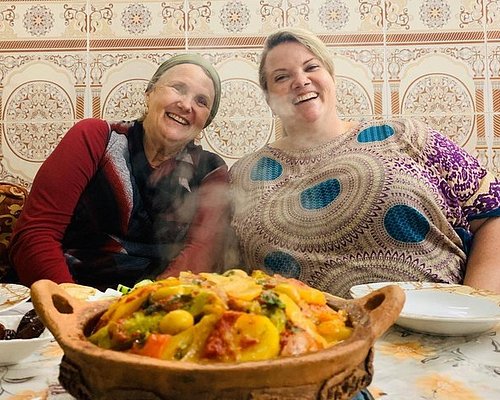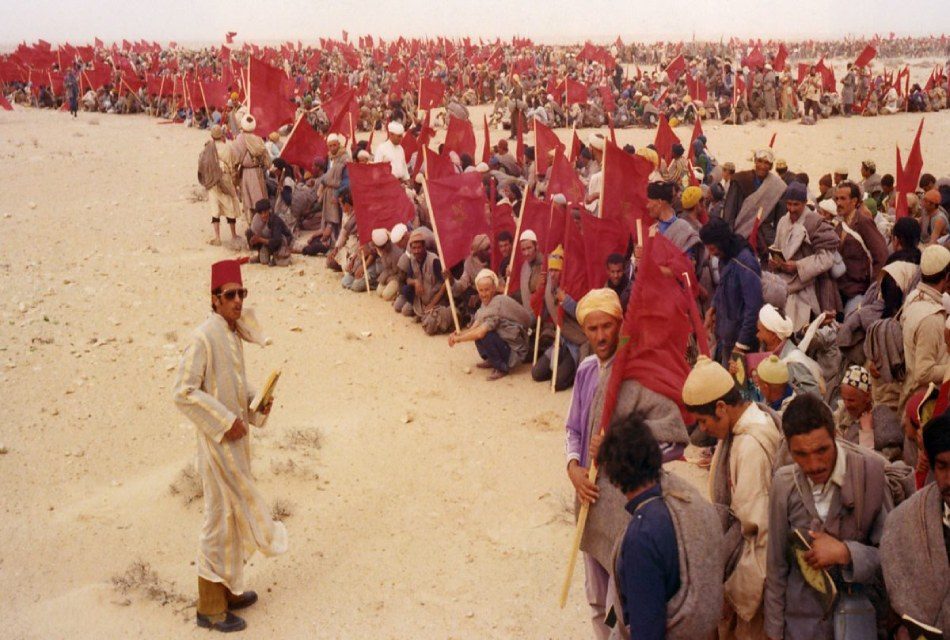Morocco is a country where the echoes of its rich history blend seamlessly with its vibrant cultural tapestry. From ancient civilizations to modern influences, each layer of its history contributes to a unique Moroccan identity that captivates both locals and visitors alike. Diving into Morocco's history is like flipping through a fascinating storybook. The region has been home to a myriad of civilizations, including the Berbers, Phoenicians, Romans, and Arabs. Here are some highlights: Every stone in the medinas whispers tales of its past, inviting travellers to explore the complex narratives that define Moroccan culture. Moroccan culture is anchored in traditional values that emphasize community, family, and respect. These values are deeply interwoven with the country's customs and daily life: These traditional values and beliefs create a rich social fabric that supports both individual and communal growth. From bustling souks to serene riads, every aspect of Moroccan life reflects its remarkable heritage, drawing countless visitors into its enduring story. As the sun sets over the vibrant streets of Morocco, a palpable excitement fills the air, heralding the arrival of the festive season. This time of year not only showcases the deep-rooted cultural heritage of Morocco but also invites a sense of community and celebration. Among the various festivities, Ramadan and Eid stand as pillars of Moroccan culture. Ramadan is a holy month of fasting observed by Muslims worldwide, and in Morocco, it takes on a special significance. Families come together to break their fast at sundown, often gathering around a spread of delicious dishes. Then comes Eid al-Fitr, the joyous celebration marking the end of Ramadan. It is a day filled with blessings, family gatherings, and delectable food. Beyond religious festivities, Morocco boasts a rich tapestry of music and dance festivals, each reflecting diverse regional traditions. One standout event is the Mawazine World Rhythms Festival held annually in Rabat, drawing international artists and music lovers. With the backdrop of historical sites and lively markets, these festive occasions unite Moroccans and visitors alike, allowing them to immerse themselves in the country's rich cultural tapestry. Each festival is not merely an event; it's an invitation to experience the warmth of Moroccan hospitality and the vibrant essence of its traditions. After indulging in the festive atmosphere of Morocco, one cannot overlook the delicious Moroccan holiday cuisine that tantalizes the senses and warms the heart. Food is more than sustenance here; it is a celebration, a tradition, and a communal experience that brings people together—especially during holidays. Moroccan cuisine is an exquisite blend of flavours influenced by a fusion of cultures, ranging from Berber and Arab to French and Spanish. This diversity is particularly evident in traditional holiday meals, which are often centred around shared dishes that embody rich flavours and textures. As holidays approach, families take pride in preparing traditional recipes that have been passed down through generations. Here are a couple of holiday favourites: These traditional holiday dishes not only represent the rich culinary artistry of Morocco but also evoke a sense of nostalgia and family connection. As plates are filled and stories are shared, Moroccan cuisine truly shines as the heart and soul of holiday festivities, reminding everyone of the warmth of home and heritage. In Morocco, local customs and rituals reflect the rich tapestry of cultural influences that have shaped the nation. This vibrant society thrives on traditions that create a unique, inviting experience for both locals and visitors alike. Two notable aspects of Moroccan customs are dressing etiquette and the art of haggling in the souks, both of which reveal fascinating insights into daily life and values. Moroccan dress is a beautiful representation of its culture, combining modesty with vibrant colours and intricate designs. When visiting Morocco, understanding local dressing etiquette is essential as it shows respect for the culture. This emphasis on dressing appropriately not only reflects Moroccan values but also highlights an appreciation for aesthetics and craftsmanship. Venturing into Moroccan souks is like stepping into a vibrant world full of colours, scents, and sounds. Here, the art of haggling is not merely a necessity but an expected part of the shopping experience. Understanding these local customs enriches the travel experience, allowing visitors to engage more meaningfully with Moroccan culture. Whether dressing in respect for tradition or mastering the art of negotiation in souks, these practices create unforgettable connections to the heart of Morocco. As you've journeyed through the vibrant customs, rituals, and culinary delights of Morocco, it becomes evident that the country's festivals are an essential part of its identity. Among the many celebrations, the Moussem festivals stand out as pinnacle events that showcase the rich tapestry of Moroccan culture and traditions. Moussem festivals are unique to Morocco, often centring around the agricultural calendar and honouring local saints or cultural heritage. These festivals are truly a feast for the senses, inviting locals and visitors alike to immerse themselves in the vibrant traditions of the region. Visiting a Moussem festival is a wonderful opportunity to connect with the heart and soul of Moroccan culture. Participants can engage in traditional activities, taste local delicacies, and even take part in the colourful parades that often accompany these events. Every Moussem festival tells a story and provides a glimpse into the lives of Moroccan communities. Whether you’re dancing along to hypnotic Berber rhythms or savouring regional delicacies, each Moussem offers an unparalleled experience that invites everyone to celebrate the spirit and unity of Moroccan culture. As you delve deeper into the heart of Moroccan culture, you will find that folklore and storytelling play a vital role in preserving the nation's rich heritage. These narratives are more than mere tales; they are the threads that weave together the history, values, and beliefs of Moroccan society. Storytelling in Morocco is an ancient art form, often passed down through generations. It serves multiple purposes, from entertainment to education, allowing families and communities to bond over shared experiences and teachings. Moroccan folklore is rich and diverse, with stories that vary from region to region. A few notable themes and tales include: The storytelling sessions are filled with laughter, gasps, and even moments of reflection, tying the audience together in an emotional experience. In Morocco, every story is a celebration of culture, a way to transmit wisdom, and a chance to connect with the past. So whether you’re listening to a tale in a bustling café in Marrakech or around a family gathering, you’re participating in a timeless tradition that continues to shape the cultural landscape of Morocco today. These narratives not only bring joy, but they also serve as a reminder of the values that bind the Moroccan community together across generations.Introduction to Moroccan Culture and Traditions

The Rich History of Morocco
Traditional Values and Beliefs

Festive Season in Morocco
Celebrating Ramadan and Eid
Festivals of Music and Dance

Moroccan Holiday Cuisine
Exploring Moroccan Culinary Delights
Traditional Holiday Recipes

Local Customs and Rituals
Dressing Etiquette in Morocco
Art of Haggling in Souks
Traditional Moroccan Festivities
Moussem Festivals in Morocco
Folkl
ore and Storytelling Tradition
The Role of Storytelling in Moroccan Culture